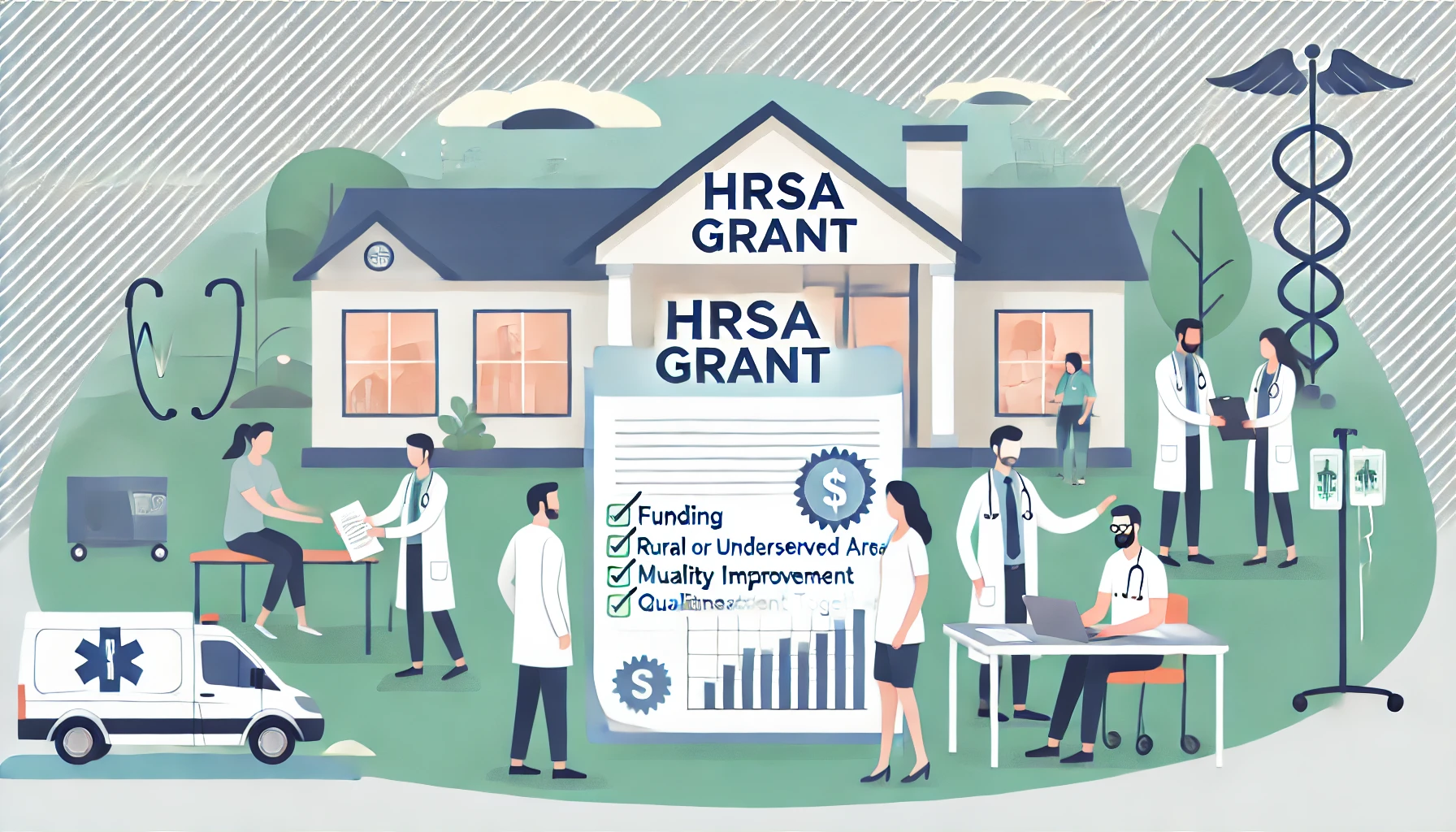
Table of Contents

India's AI revolution promises transformative potential in healthcare, agriculture, and infrastructure, balancing technological innovation with human expertise.
India's AI revolution promises transformative potential in healthcare, agriculture, and infrastructure, balancing technological innovation with human expertise.
AI Revolution: Transforming India's Healthcare, Agriculture, and Infrastructure
In an era of rapid technological advancement, India stands at the forefront of a potential paradigm shift driven by artificial intelligence across critical sectors. The recent developments highlighted by Maharashtra's leadership underscore a transformative vision that could reshape the nation's approach to healthcare, agriculture, and infrastructure.
The AI Landscape: A Comprehensive Vision
Maharashtra's Chief Minister and key technological leaders are positioning artificial intelligence as a cornerstone of future development strategies. While the promise is exciting, the implementation will require nuanced, careful integration that balances technological potential with human expertise.
Healthcare Transformation
The potential of AI in healthcare is particularly compelling. Key opportunities include:
- Diagnostic Precision: AI algorithms can potentially analyze medical imaging and diagnostic data with unprecedented accuracy
- Patient Triage: Intelligent systems could help optimize patient flow and prioritize critical care needs
- Predictive Health Management: Advanced predictive models might identify potential health risks before they become critical
At Medplace, we recognize that while AI offers tremendous potential, independent medical peer review remains crucial. Technology should augment, not replace, the critical human judgment of experienced healthcare professionals.
Agricultural Innovation
The agricultural sector presents unique AI applications that could revolutionize traditional farming practices:
- Crop Monitoring: AI-driven satellite and drone technologies can track crop health in real-time
- Precision Agriculture: Machine learning algorithms can optimize irrigation, fertilization, and harvesting strategies
- Climate Adaptation: Predictive models could help farmers anticipate and mitigate climate-related challenges
Infrastructure Development
Infrastructure represents another critical domain where AI could drive significant transformation:
- Smart Urban Planning: AI can simulate complex urban development scenarios
- Resource Optimization: Intelligent systems could help manage energy, transportation, and municipal resources more efficiently
- Predictive Maintenance: Machine learning could identify potential infrastructure vulnerabilities before catastrophic failures occur
Challenges and Considerations
Despite the promising landscape, several critical challenges must be addressed:
- Data Privacy and Security
- Ethical AI Development
- Workforce Reskilling
- Equitable Technology Access
The Human-AI Collaboration Model
The most successful AI implementations will likely emerge from collaborative models that leverage technology while preserving human expertise. In healthcare, for instance, AI should be viewed as a powerful diagnostic tool that supports, rather than replaces, skilled medical professionals.
Looking Forward: A Balanced Approach
India's AI strategy represents more than technological adoption—it's a holistic reimagining of how technology can solve complex societal challenges. The key will be maintaining a balanced approach that:
- Prioritizes ethical AI development
- Invests in comprehensive training programs
- Maintains robust human oversight
Medplace's Perspective
As a platform connecting healthcare providers across 132 specialties, Medplace sees immense potential in AI-enhanced peer review processes. Our network of credentialed professionals can leverage AI tools to conduct more comprehensive, efficient medical reviews while maintaining the critical human element of expert judgment.
Original Source: Pune News - AI and Infrastructure Article
The AI revolution in India is not just about technological advancement—it's about creating intelligent, adaptive systems that can address complex challenges across multiple sectors. The journey has just begun, and the potential is extraordinary.

Why Every Hospital Needs a Quality and Patient Safety Program
Every hospital needs a quality and patient safety program to reduce harm, improve care, and foster a culture of accountability.
.png)
.png)

HRSA FQHC Requirements: A Comprehensive Guide for Healthcare Providers
When it comes to federally qualified health center requirements, there’s no shortage of regulations, expectations, and—depending on your perspective—opportunities.
.png)
.png)

Unlocking Funding: A Guide to Health Resources and Services Administration (HRSA) Grants
Use HRSA grants to fund external peer review programs that enhance care quality, reduce bias, and support compliance in health centers.
.png)
.png)



.png)
.png)
.png)






.png)